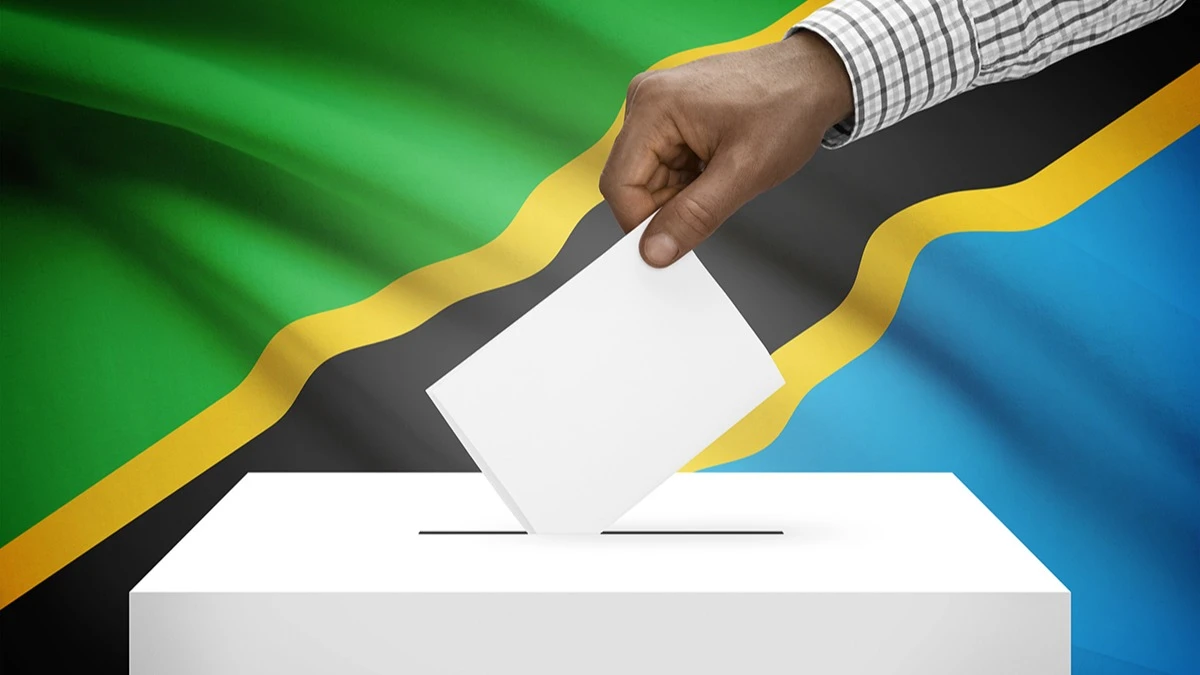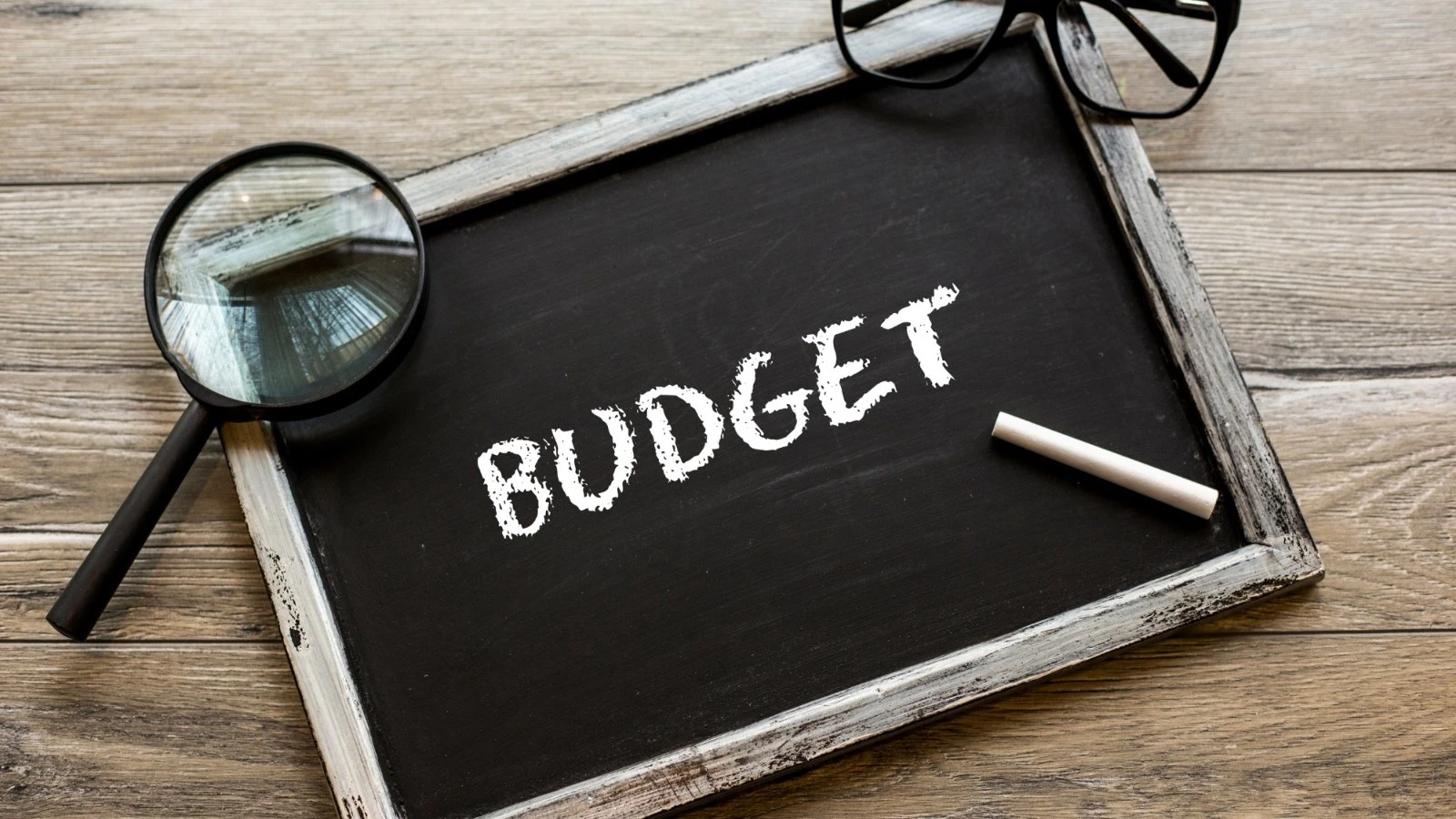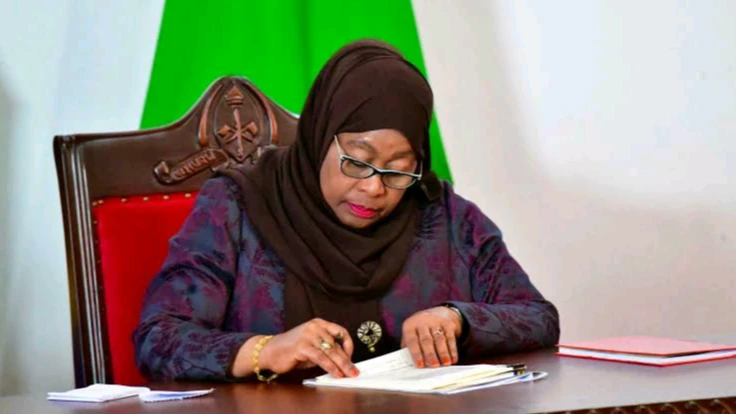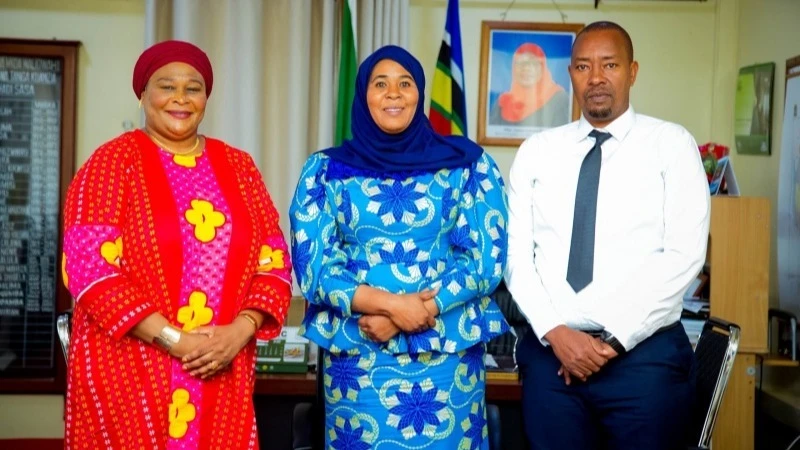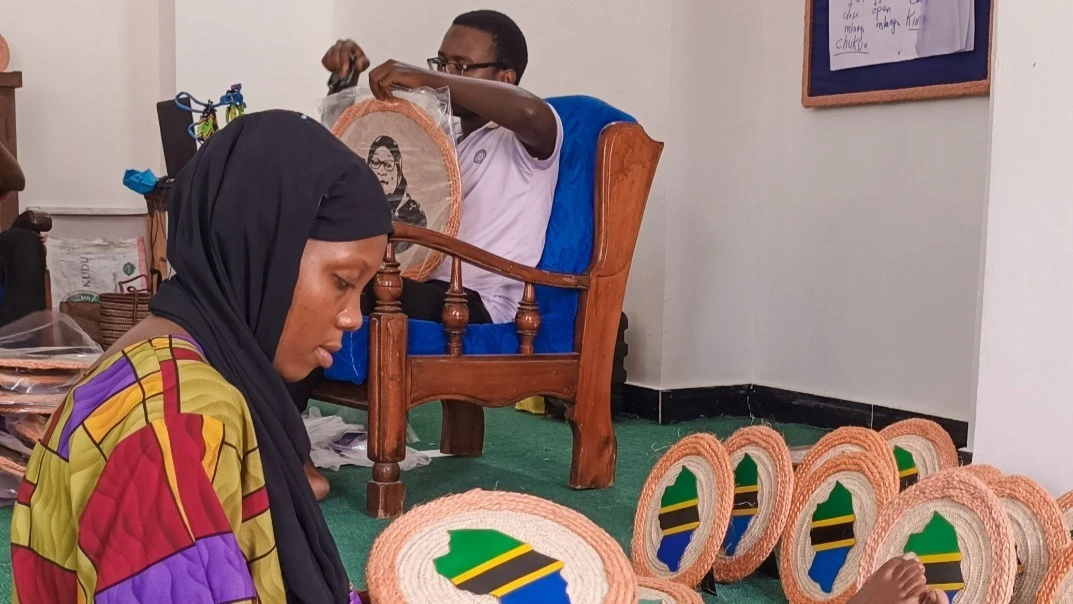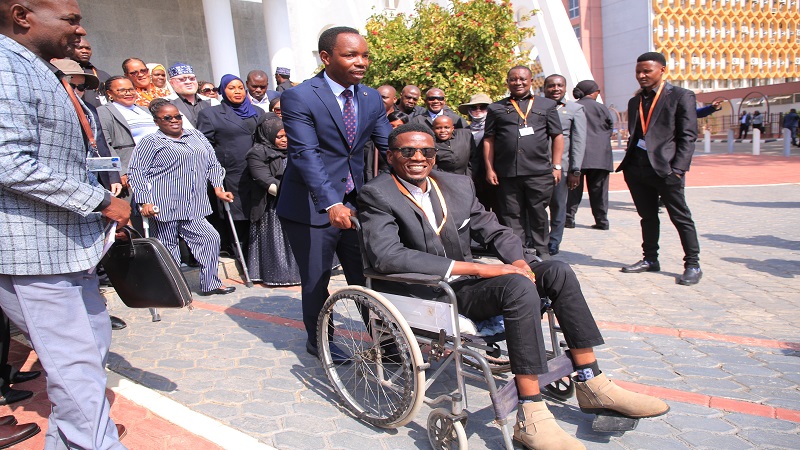Startups to use DSE in mobilising investors
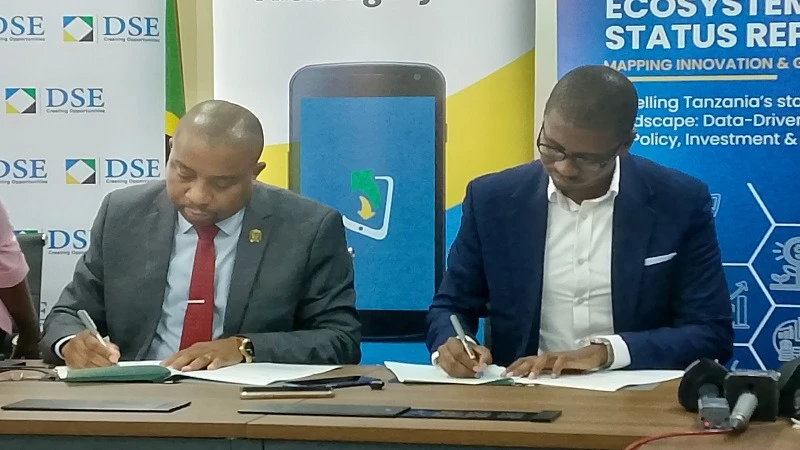
Tanzanian startups will now have an opportunity to tap into the capital market to attract both local and foreign investors, following the signing of a Memorandum of Understanding (MoU) between the Tanzania Startup Association (TSA) and the Dar es Salaam Stock Exchange (DSE).
The MoU, signed yesterday by DSE Chief Executive Officer Peter Nalitolela and TSA Chief Executive Officer Zahoro Muhaji, formalises a long-term partnership aimed at boosting financial education among innovators and facilitating their access to investment.
Speaking during the signing ceremony, Nalitolela described the agreement as “historic,” saying it marks a new chapter in supporting startups to play a greater role in the country’s economic transformation.
“Startups are a relatively new concept in Tanzania’s economy, but they are rich in innovation and have the potential to attract significant investment,” he said. “They are economically vital, and since 2023, the government has been prioritising their development, especially following President Samia Suluhu Hassan’s engagement with TSA, which led to the launch of the annual Startups Week.”
Under the agreement, the DSE will offer training and build the financial skills of innovators while developing a special window to connect them with potential investors.
“We already have the Enterprise Growth Market (EGM) segment, which targets small businesses and startups to raise capital from investors, before graduating to the Main Investment Market Segment (MIMS),” he added.
Nalitolela said the partnership will also enhance the exit mechanisms for early investors, enabling a smooth transition for new capital injection.
“DSE believes capital markets are not just for large corporations — startups also deserve access,” he emphasised.
TSA CEO Zahoro Muhaji said formalising the partnership with DSE is a key milestone for the startup ecosystem, offering a new avenue for innovators to access capital and market opportunities.
“Traditionally, startups have relied on alternative capital, particularly from family and friends,” he noted. “This collaboration will introduce them to a broader pool of potential investors while diversifying the products available on the stock exchange.”
He identified the lack of clear exit mechanisms for venture capitalists as one of the biggest challenges limiting investment in startups.
“Most foreign investors, in particular, ask about exit strategies. If there is no defined exit path, they hesitate to invest,” Muhaji explained. “This partnership will address that gap and help attract more investors.”
He added that the government has taken multiple initiatives to support startups, including launching a regulatory sandbox that allows innovators to test their products in the market.
Moreover, the government has introduced incentives in key sectors such as telecommunications and healthcare — including fee exemptions — while a national startup policy is currently under development.
According to Muhaji, the government, through the Ministry of Finance, is working to establish the Tanzania Venture Capital Fund, which will directly invest in innovative ventures.
Currently, startups in fintech, logistics, and agriculture are in high demand, offering cutting-edge solutions in areas such as digital payments, supply chain management, and healthcare accessibility.
Tanzania's startup ecosystem is gaining momentum, with a notable increase in the number of ventures. TSA’s 2024 report highlights the sector’s rapid expansion, emerging trends, and actionable insights for stakeholders committed to innovation and sustainable economic development.
The report shows that the number of active startups rose by 24 percent to reach 1,041, contributing significantly to employment creation with over 138,453 jobs — a 23 percent increase compared to the previous year.
Investment into the ecosystem also surged. Foreign Direct Investment (FDI) more than doubled to $53 million, a 112 percent increase, while Domestic Direct Investment (DDI) grew by 85.5 percent to reach $43.4 million.
FinTech led the way in attracting capital, securing $41.4 million — representing 78.3 percent of total FDI — followed closely by AgriTech, which also remained a strong performer.
Top Headlines
© 2025 IPPMEDIA.COM. ALL RIGHTS RESERVED











